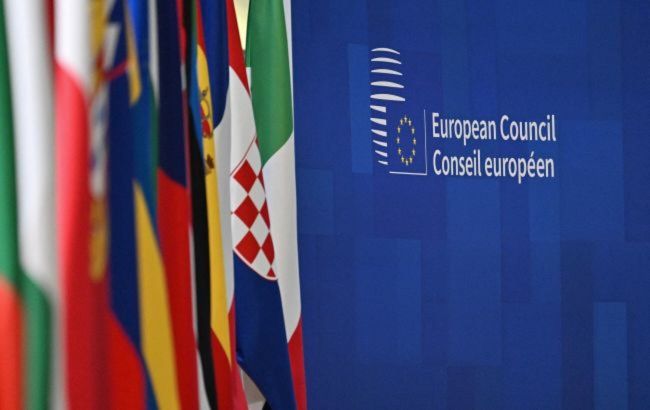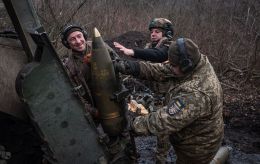EU sanctions Russians linked to death of Roshchyna and other civilians
 Photo: EU (Getty Images)
Photo: EU (Getty Images)
The EU has increased pressure on Russia by introducing new sanctions against officials and members of the judicial system involved in human rights violations and repression against civil society, according to a publication on the website of the Council of the EU and the European Council.
New sanctions against officials and security personnel
The Council of the EU has expanded its sanctions list today, adding ten individuals responsible for serious human rights violations and repression in Russia.
Among them are senior officials of the Federal Penitentiary Service’s Main Directorate in the Rostov region, including personnel from Pre-Trial Detention Centre No. 2.
During interrogations, detainees were subjected to both psychological and physical pressure aimed at extracting confessions to alleged war crimes, acts of terrorism, or other offences.
At least fifteen detainees died as a result of the mistreatment, including Ukrainian investigative journalist Viktoria Volodymyrivna Roshchyna.
Persecution of activists and journalists
The sanctions also target members of the judicial system who played a key role in the criminal prosecution of Alexei Gorinov, a former Moscow district councillor sentenced to three years in prison for publicly expressing his position on Russia’s war against Ukraine.
In addition, the list includes individuals involved in the persecution of journalists and activists associated with opposition leader Alexei Navalny and his foundation.
Measures and consequences
The assets of listed individuals are frozen, and EU citizens and companies are prohibited from providing them with funds. The measures also include a ban on entry and transit through EU member states.
The EU emphasises its firm condemnation of human rights violations and expresses concern over the deteriorating situation in Russia amid the ongoing war against Ukraine.
Background
In March 2024, the Council of the EU established a special sanctions regime targeting individuals responsible for systematic repression, undermining democracy, and human rights abuses in Russia.
To date, the list includes sixty-two individuals and one organisation, along with restrictions on exporting equipment that could be used for internal repression or communication surveillance.
According to foreign media, the United States is urging Kyiv to accelerate the negotiation process and expects to receive a draft agreement on ending the war by Thanksgiving, viewing this date as key for planning further steps.
Meanwhile, Ukrainian investigative authorities have made progress in the Bucha war-crimes case, for the first time designating as a suspect a Russian commander whose units were stationed in the town during the occupation.

